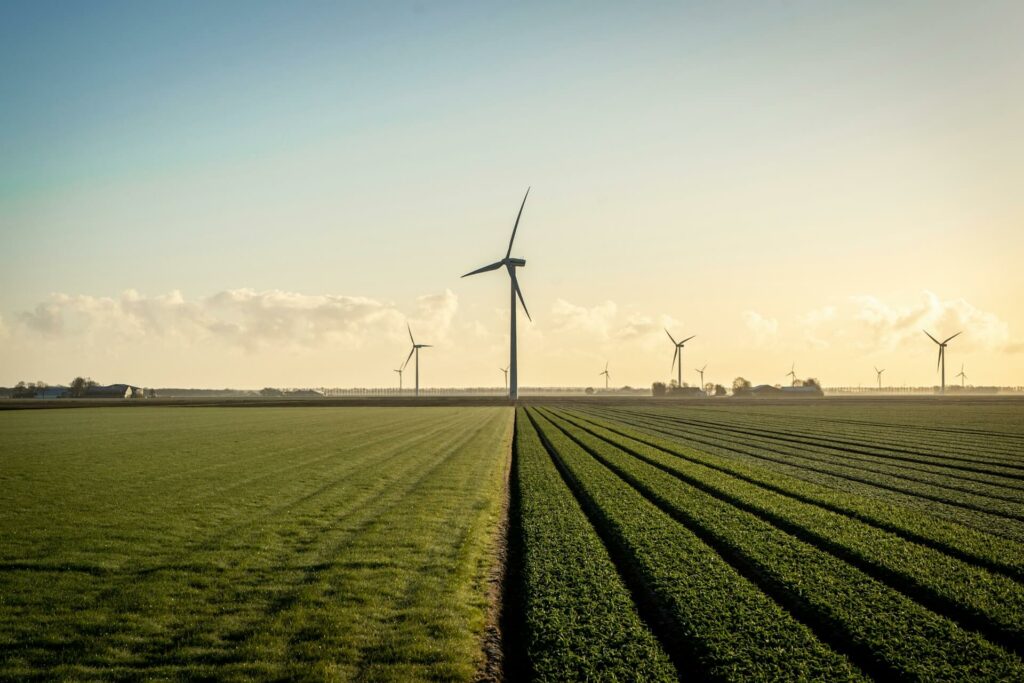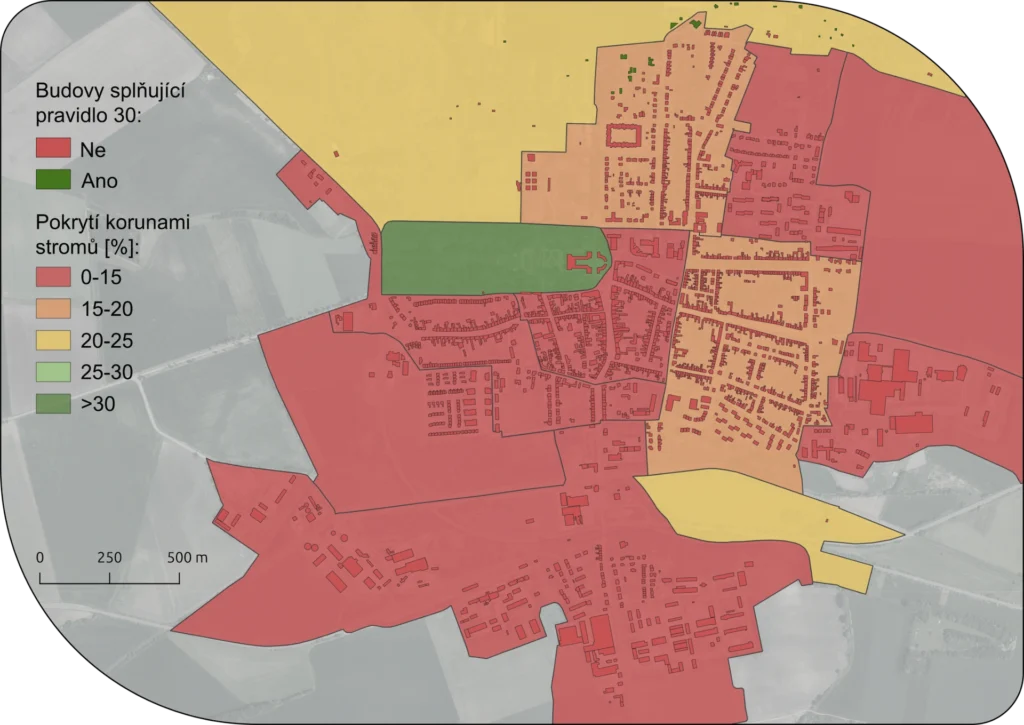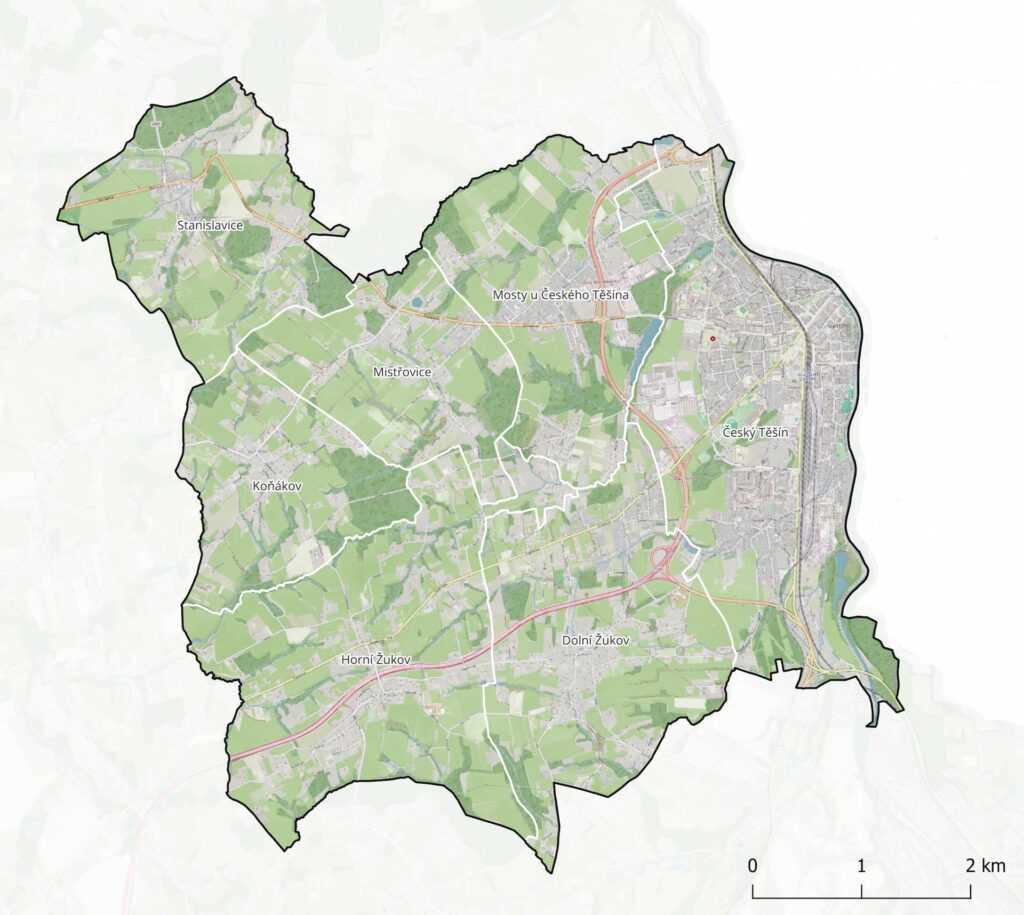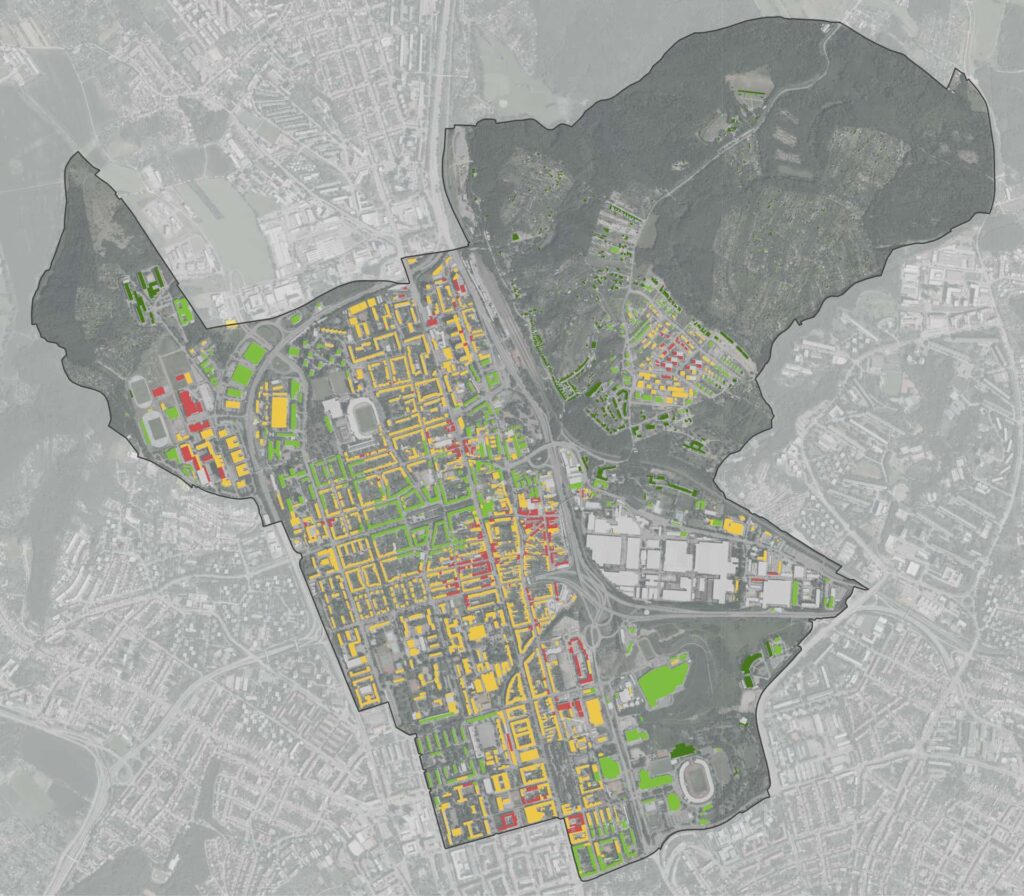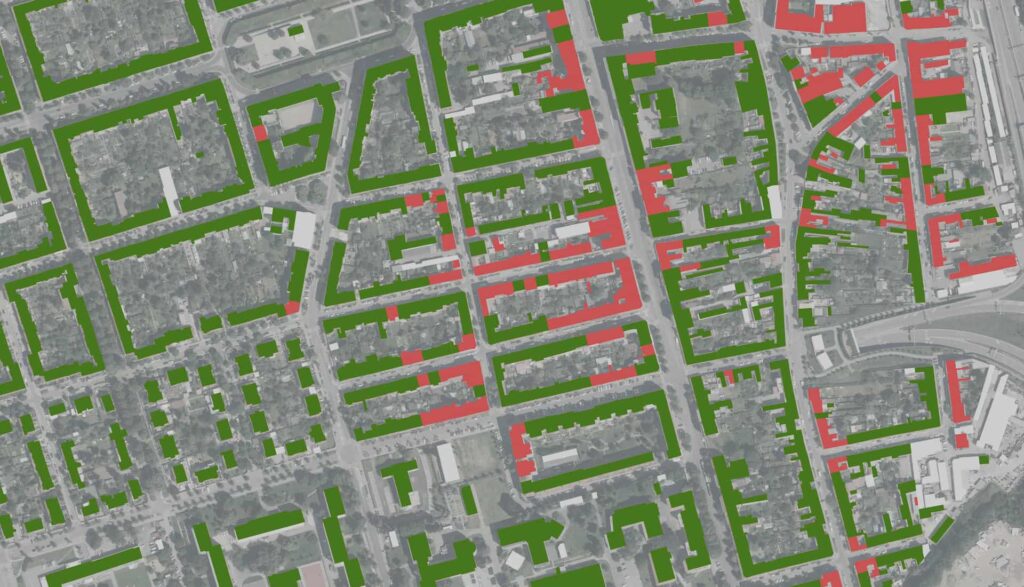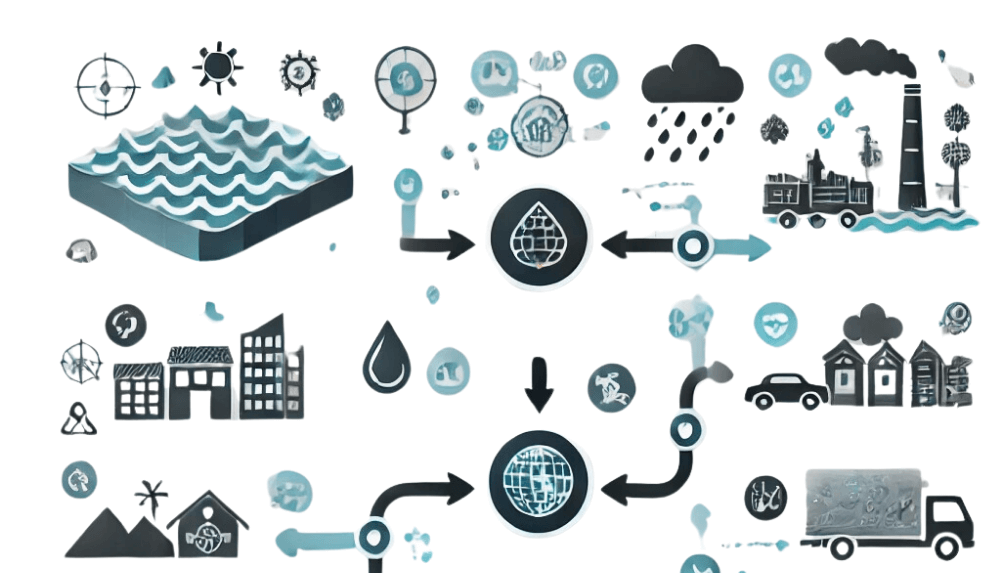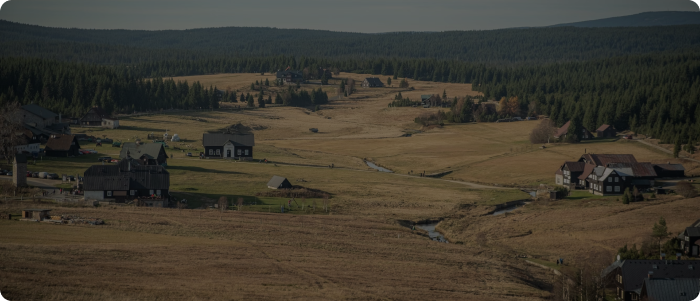The Risk and Vulnerability Assessment (RVA) is a key process in developing the Sustainable Energy and Climate Action Plan (SECAP). SECAP is an initiative of the Covenant of Mayors that supports cities and municipalities in combating and adapting to climate change.
RVA involves the identification, assessment and prioritisation of risks associated with climate change that may affect a given city or municipality. This process includes the following steps:
- Risk identification: identification of potential climate risks and vulnerabilities such as extreme weather events (e.g. floods, heat waves), changes in precipitation patterns, sea level rise, etc.
- Risk assessment: Assessment of the likelihood and severity of identified risks. This step involves analysis of historical data, climate models and expert judgements.
- Risk prioritization: Prioritizing among risks based on their likelihood and potential impact on community, infrastructure and ecosystems.
- Developing adaptation measures: Designing strategies and actions to mitigate identified risks and strengthen the resilience of the city or municipality to climate change.
RVA is essential for effective planning and implementation of adaptation and mitigation measures that increase community resilience and minimize the negative impacts of climate change.
Sources:
- Covenant of Mayors for Climate and Energy. (2021). SECAP Guidelines. Online dostupné
- European Commission. (2020). Adapting to climate change: Towards a European framework for action. Online dostupné






